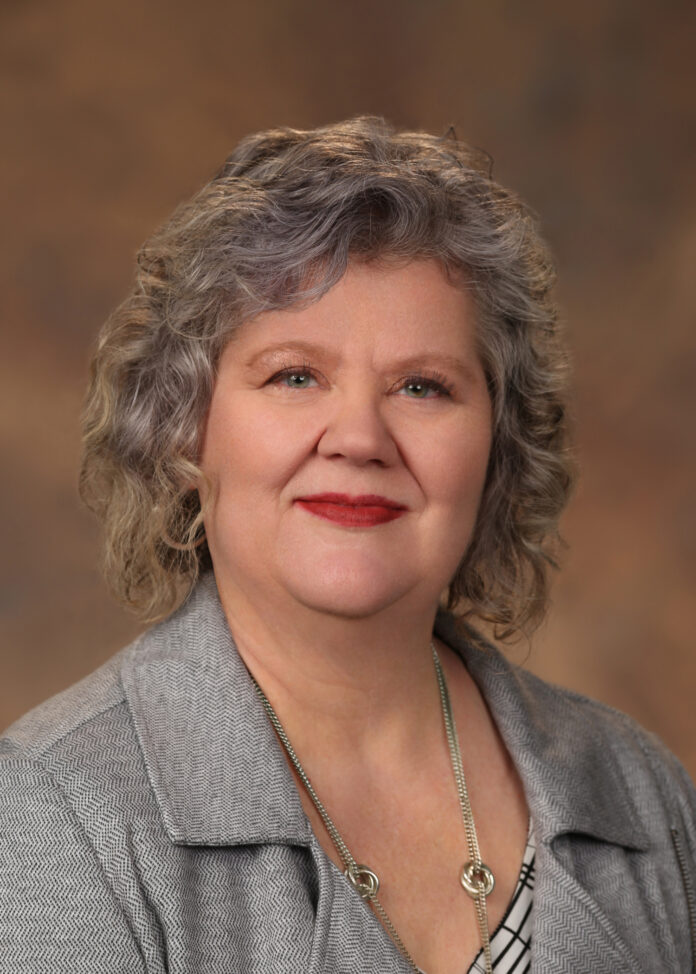
Those of you who read this column regularly know that COVID is the worst disease process I have ever experienced in nearly 30 years of nursing. Every single day I pray it will get under control and that it will stop surging and taking so much from people. I don’t know anyone who hasn’t been affected by this awful disease. I have had loved ones lose so much: their jobs, their homes, and even their lives or the lives of their unborn children. I know people who have so much damage to their respiratory system from COVID that they will never be the same. COVID is bad enough, but then so many people suffer from post COVID syndromes that have caused complications like heart attacks, strokes, and pulmonary embolus. Those things have just as much potential to cause devastation and death as COVID, so it’s almost like people are getting hit twice. Even people who have never had COVID have been affected by travel restrictions, supply shortages, and the massive hit to the economy. The affect on healthcare has been devastating as well. Hospitals, especially rural hospitals, across the nation are going out of business or having to limit services. Healthcare workers are leaving the profession in record numbers, over 500,000 healthcare workers left the profession in 2020 alone. I don’t know a single ICU or ED physician or nurse who has not seriously contemplated finding something else to do because of the physical, spiritual, and emotional toll this disease process has taken on them in the last two years. This disease is beyond awful. And two years into this pandemic, at the start of 2022, instead of looking at COVID in the rearview mirror, we are again experiencing a surge.
The good thing about being two years in is we know a great deal more about this rotten disease than we did when it started. I hear people say quite often how the message changes about COVID all the time. And they are right, but not because of a conspiracy, but because we are learning. Unfortunately, much of that learning as been the hard way—through experience. Treatment falls under that umbrella. For instance, at the beginning, we put so many people on ventilators that we had a national ventilator shortage—so much so that companies that never made ventilators started manufacturing them with federal government support. What we have learned since then is unlike most pneumonias where early intervention with a ventilator helps in healing, with COVID, it’s better to keep people off ventilators as long as possible. So, now we don’t struggle as much with ventilators, the supply is better, and we try not to use them as much, so demand is less.
Another place we have learned a great deal is how this disease is transmitted. Back in early 2020, we were taking every possible precaution because we had no idea how this disease is transmitted. As a healthcare worker we were using personal protective equipment (PPE) at the same level and frequency as we were taught to use for the most extreme diseases like ebola. Now we know it is primarily transmitted the same way colds and flus are transmitted, through respiratory droplets. So, the same things that work on colds and flus, work with COVID. Masks and eye protection, avoiding touching the face, social distancing, staying home when sick, disinfecting surfaces, and handwashing all are effective against COVID transmission. The more people do of those things, the less the virus spreads. But we have also learned some more concerning things about how COVID is transmitted. First, it is most contagious in the first few days of infection, which means before people have symptoms. That is good and bad. Good because we don’t have to isolate people for weeks anymore, but bad because if people don’t know they have been exposed, they can spread COVID before they even know they are sick. That is why the preventative things like handwashing really need to be part of our day to day lives. If we do them all the time, not just when we are feeling ill, it’s going to help stop the spread of COVID. That is also why vaccination is so important. It greatly decreases the risk of COVID, and even if someone who has been vaccinated gets COVID, which does happen, their chances of getting severe disease and post COVID syndromes that can happen are also greatly reduced. That means, your chances of getting COVID from someone who doesn’t know they have it are far, far less. Plus, if you don’t get it, you can’t spread it either. Please consider getting vaccinated if you haven’t been, and if you have been, go get the booster if you haven’t gotten that. If you have been vaccinated and gotten your booster, Thank You!
I am praying that this surge is the last surge. Please join me in those prayers that 2022 is the year we get this awful disease under control.



